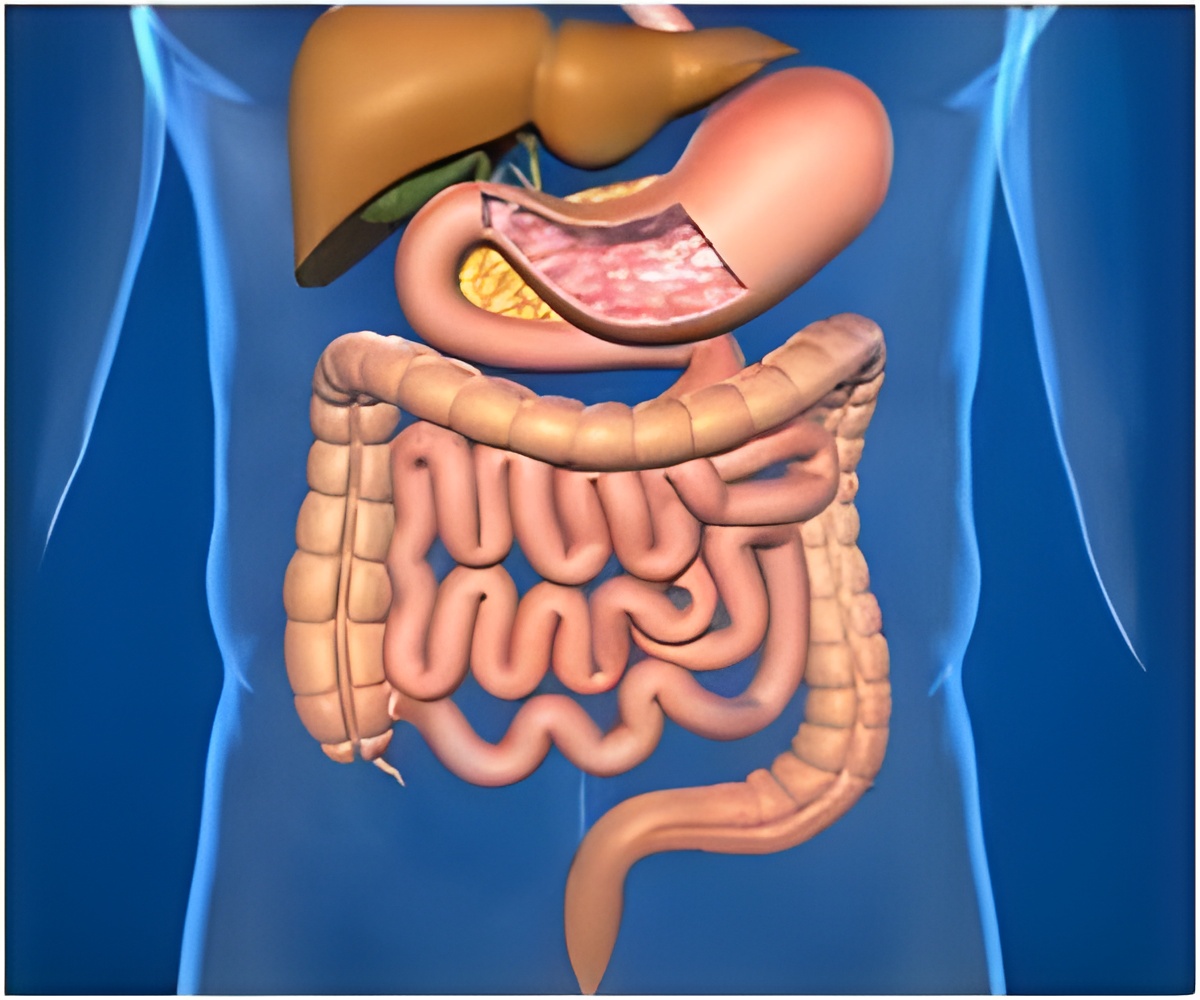A connection between geography, UV exposure and incidence of inflammatory bowel disease has been established by Weill Cornell Medical Center researchers.

Results from two large prospective studies among large cohorts of nurses enrolled in the U.S. Nurses Health Study I and II revealed a significant north-south gradient in the association between latitude and incidence of Crohn's disease and ulcerative colitis in the United States. Such geographic variation has been reported in Europe, however comparable data in the United States are lacking, so this study advances understanding of the epidemiology of chronic inflammatory bowel disease, which affects as many as 1.4 million patients in the United States.
"This differential risk may be explained by differences in UV light exposure, vitamin D status, or pollution," explained Dr. Hamed Khalili, who, along Dr. Andrew Chan and colleagues at Massachusetts General Hospital, analyzed data that included a 4,209,454 person-year follow up in which they confirmed 284 cases of Crohn's disease and 332 cases of ulcerative colitis.
While the mean age of diagnosis among the women was 51 for Crohn's and 48 for UC, the investigators found that the women's geographic location at age 30 was strongly associated with incidence of disease. Based on geographic location at age 30, compared to women in northern latitudes, women in southern latitudes had an adjusted hazard ratio of 0.51 for Crohn's and 0.65 for UC suggesting that the risk of disease is 50% and 35% lower in the southern latitudes compared to northern latitudes for CD and UC, respectively. Further studies are warranted on underlying lifestyle and environmental factors that mediate this association, as well as their interaction with known genetic risk factors for CD and UC.
"High-dose Vitamin D3 Improves Clinical Activity in Crohn's Disease"
Results of an interim analysis of the first 15 patients in a study conducted at Weill-Cornell Medical and presented at the ACG Annual Scientific Meeting by Dustin Boothe, MD, sought to determine if high doses of Vitamin D3 supplementation in Vitamin D deficient patients with Crohn's disease leads to improved clinical outcomes.
Advertisement
Results from the first 15 patients suggest that after 26 weeks of therapy, there were persistently significant differences in Vitamin D levels between the high-dose and low-dose groups, but importantly the low-dose group had no significant change in disease activity as measured by HBI at 26 weeks compared to baseline, whereas the high dose group did.
Advertisement
Source-Eurekalert











